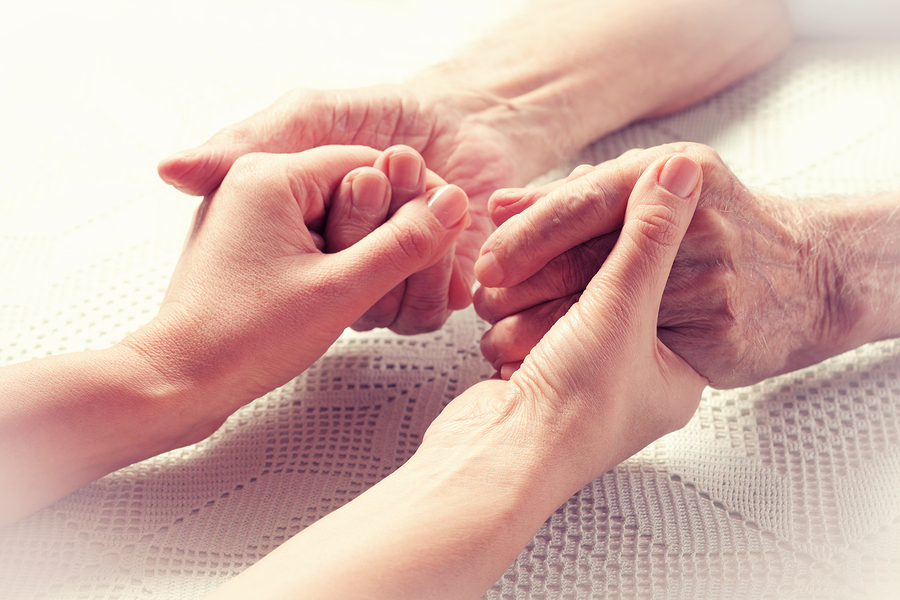Have you heard about the new Care Act?
The new Care Act, which will affect the estimated 1.5 million people who receive care and support and several million unpaid carers in England, will help to make care and support more consistent across England. It is also designed to shift the balance towards promoting overall wellbeing and helping people to stay healthy and independent for as long as possible.
Anyone who receives care and support, or who supports someone as a carer could benefit from the changes.
Carers will have expanded rights to assessments and to council support, irrespective of whether the person they care for receives care and support. For the first time, this change puts carers on the same footing as those they care for, allowing them to get the support they need for themselves. This could be practical support like being able to take a break from caring responsibilities or they may be entitled to a direct payment to spend on things that will make it easier to carry on caring.
The changes will introduce a new national eligibility threshold, providing peace of mind that wherever people live in the country, or plan to move to within England, if their needs meet the threshold, they will be eligible for support.
Deferred payment agreements will become available across England meaning that people should not have to sell their home in their lifetime to fund their care costs.
To find out more about the changes to care and support in England and how you might benefit, visit www.gov.uk/careandsupport
What is care and support?
‘Care and support’ is the help some adults need to live as well as possible with any illness or disability they may have. It can include help with things like getting out of bed, getting dressed and into work, cooking meals, seeing friends, caring for our families and being part of our communities. It might include emotional support at a time of difficulty or stress or helping people who are caring for a family member or friend. It can mean support from community groups and networks, for example, giving others a lift to a social event.
Who receives care and support?
Around 1.5 million people receive care and support (both in their own homes and in residential settings). This number is made up of older people (65+), particularly the very old (85+), and working age people who receive help for a variety of reasons, including physical or learning disabilities, mental health issues and wider social problems such as drug abuse.
Is care and support free?
Unlike healthcare, care and support for adults is not, and has never been completely free. People will only be asked to pay what they can afford for their care and support. Sometimes the person will pay the full cost and sometimes the cost will be shared between the person and their local authority, depending on their circumstances. The people with the least money will get care from the council for free.
How do people find out if they will receive financial help for care and support services?
The amount that people will pay towards their care costs will depend on what type of care and support they require, how much income they have and what assets they own (like a house or other investments). The best way for people to find out how their care will be funded is to contact their local council.
If I move to another area, will I lose my current care package?
From April 2015, if a person has needs that meet the new national minimum eligibility threshold, they will be able to get help from their council wherever they live in England. Although the level of need will be the same across the country, help provided may differ between local authority areas. For example, one local authority may provide a buddying service to stop people from feeling lonely, whilst another may introduce people to community events in their area.
How can someone find out if they have eligible needs?
A person’s local authority will work with them to assess their care and support needs and decide whether they are at the level where the local authority needs to provide help. Typically, a person’s needs are likely to be classified as eligible if they are unable to complete a combination of basic everyday activities such as washing and dressing or getting in and out of bed by themselves. People who feel they may have eligible needs should get in touch with their local authority to arrange an assessment.
Latest posts by Sally - Silversurfer's Editor (see all)
- Navigating the World with What3Words: A Lifeline for Older Generations - April 15, 2024
- Parsley Box – Bringing you time for the things you love! - April 12, 2024
- 5 things to consider before getting a dog later in life - April 9, 2024
- The 8 best foods for better brain power - April 9, 2024
- Do you find car headlights dazzling when driving at night? - April 7, 2024





















